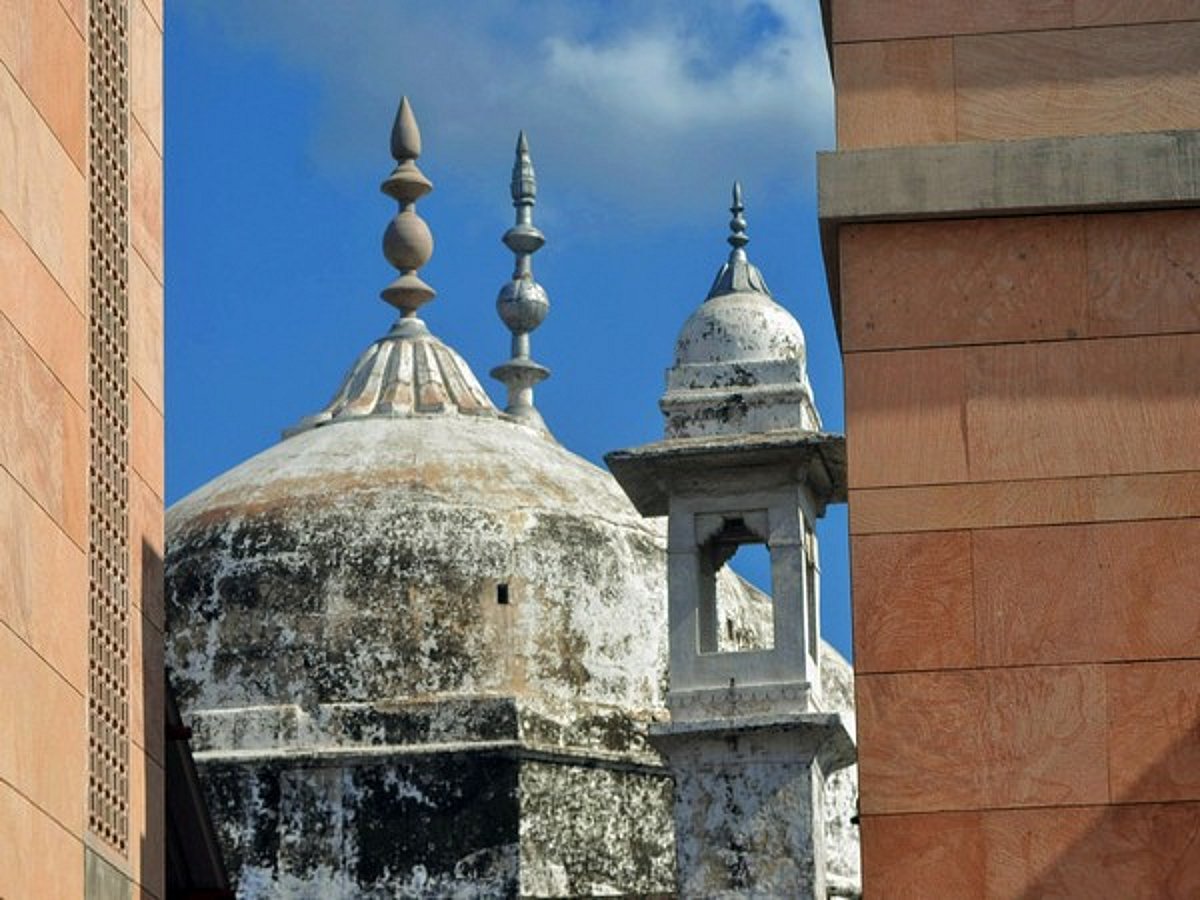 |
|
The Gyanvapi mosque case, a long-standing legal battle in India, continues to generate significant controversy and public attention. In a recent development, the Varanasi Fast Track Court of Civil Judge (Senior Division) rejected a petition seeking an additional survey of the mosque by the Archaeological Survey of India (ASI). This decision, delivered on October 19, 2023, marks a significant setback for those seeking further investigation into the mosque's history and structure.
The petition, filed by Advocate Vijay Shankar Rastogi, sought a comprehensive survey of the area under the mosque's central dome. Rastogi, representing Swayambhu Adi Vishweshwar, the presiding deity of the Gyanvapi complex, argued that the additional survey was essential to uncover potential evidence related to the ongoing legal dispute. However, the court, considering arguments presented by the Anjuman Intezamia Masajid (AIM), the mosque management committee, ultimately decided against the additional survey.
The AIM, in its response to the petition, presented compelling arguments against the need for a further survey by the ASI. The committee emphasized that the existing survey, conducted earlier in the case, had already provided sufficient information and that additional scrutiny could be disruptive and potentially disrespectful to the mosque's religious significance. The court, considering the arguments from both sides, ultimately found the AIM's perspective more persuasive, leading to the rejection of the petition.
The court's decision to deny the additional survey request represents a significant development in the Gyanvapi mosque case. While the exact implications of this ruling remain to be seen, it is clear that the legal battle surrounding the mosque continues to be complex and sensitive. Future legal developments will likely be closely monitored as the case progresses through the Indian judicial system.
Source: Varanasi court rejects plea seeking additional survey of Gyanvapi mosque by ASI
